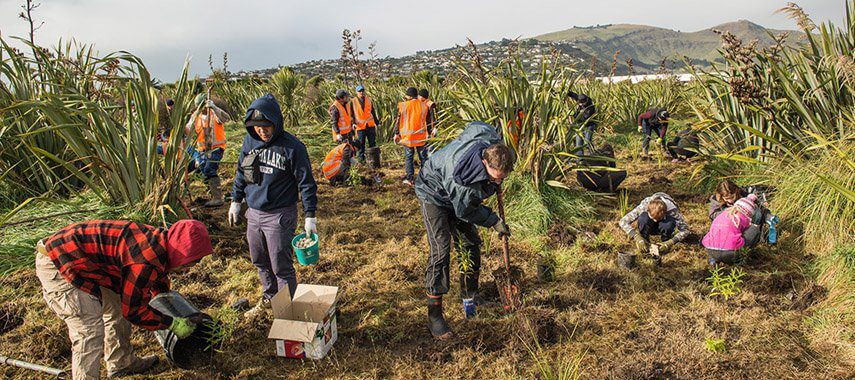
Prof. Dave Kelly from the Department of Biological Sciences, University of Canterbury/Te Whare Wananga O Waitaha is a member of the Friends of Farnley Reserve. At one workday in 2020, he opined that we should not ask “What can we do for the river?” but rather, “What can the river do for us?”. He was, of course, largely talking about our personal mental health. In this, Mental Health Awareness Week in which the theme is “take time to kōrero/mā te kōrero, ka ora – a little chat can go a long way”, we re-publish an article that Dave wrote about this topic.
During the Covid-19 lockdown from 26 March to 28 April this year, there was an upsurge in use of local parks and green spaces, with people walking, cycling and jogging along the Ōpāwaho Heathcote River.
Many people (including family bubbles with children) were out exercising near to home, and commented favourably on the lack of traffic, and how pleased they were to have local green space.
During the lockdown, many of us gained a new appreciation of nature in our own neighbourhoods, according to Sarah Satterthwaite of Forest & Bird. Of course, the maintenance and enhancement of these local reserves often depends on local volunteers. Residents in an area can keep areas tidy, improve planting, and report on problems like blocked drains.
These are key functions which can be done by locals to a level the City Council could not afford to lavish on every reserve.
But did you know that helping maintain your local stretch of river has just as many benefits for you as it does for the river? On World Rivers Day, we would like to publicise recent work showing the health benefits that come with volunteering and spending more time in green spaces.
There are benefits to individuals. A survey of Wellington city residents found that “levels of depression, anxiety and stress are lower in people who spent more time in natural spaces,” said Dr Danielle Shanahan from the Centre for People and Nature at Zealandia Wildlife Sanctuary. Sarah Satterthwaite of Forest & Bird summarised studies which showed that people who spent time in forests were less anxious, hostile and fatigued, and were better able to handle stress. This makes intuitive sense, as hard-surfaced urban environments appear far less restful than quiet green areas.
But wait, there’s more!
There is work to show that joining with other locals in a volunteer group, like those which maintain local parks, benefits individuals even more. Danielle Shanahan said that “becoming involved in an environmental volunteering group can offer benefits above and beyond nature experiences” and helps provide greater feelings of social cohesion (connection to the local community, and development of a sense of ownership and belonging to the neighbourhood).
And Associate Professor Yoram Barak at the University of Otago found two key features were best associated with people who survived to the age of 100 years: not smoking, and being socially engaged. Prof Barak said that “committing to maintain social networking will be the best investment one can make towards successful ageing”. By social networking, he means physically going out of your home and away from families and interacting with people to do things like visiting friends, volunteering, attending a concert or playing golf.
So in short: if you want to live longer and be happier, join a workgroup on the river! And your local river area will also benefit!
Prof. Dave Kelly FRSNZ
2nd July, 2020

